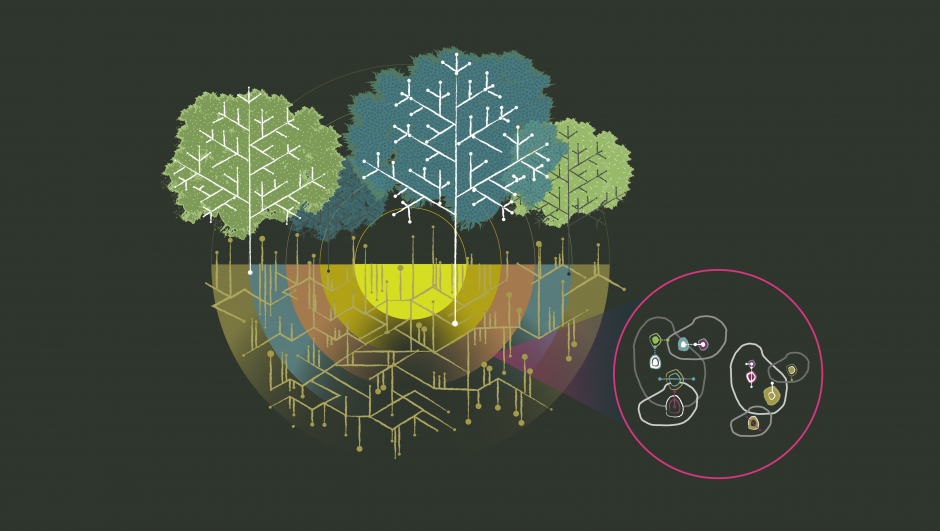Climate resilience needs community roots

Climate KIC partner Democratic Society has launched its Democratic Climate Model—a model showing how democratic principles can lead cities and regions to respond differently to climate change, heavily informed by work done with Climate KIC’s Healthy, Clean Cities Deep Demonstration. Read on for a lightly edited extract from the Democratic Society’s original blog post detailing this work.
Along with several design partners, Democratic Society took up the challenge of inspiring cities to experiment with new approaches to citizen participation as part of the Climate KIC Healthy, Clean Cities Deep Demonstrations project consortium.
Democratic Society also wanted to use this experience to develop a scalable model that could be experimented with in any city, anywhere.
The project brought together experts from financing, innovation, carbon accounting and citizen participation to design and conduct strategic work programmes with cities.
Crucially, Democratic Society also employed ‘local connectors’ in each city, skilled practitioners with expertise in policy and civic engagement, social innovation and design for sustainability, and locals in the cities they worked in.
They collaborated with city leaders and consortium design partners and joined the dots between the diverse actors involved. They worked towards a good transition that included government bodies, civil society organisations, grassroots groups, journalists, and businesses.
The locations for these programmes? The 14 European cities of Amsterdam, Edinburgh, Kraków, Križevci, Leuven, Madrid, Malmö, Maribor, Milano, Niš, Orléans, Sarajevo, Skopje and Vienna.
With the facilitation in place, the Deep Demonstrations were then designed to achieve systematic change in a range of climate resilience priority areas. These were mobility, logistics, housing, building environment, waste and the circular economy, energy and urban greening.
The participatory elements of the Deep Demonstrations, as led by Democratic Society, used the concepts of community placemaking conversations, hyperlocal governance, climate assemblies, opportunities for co-production and co-ownership, different models of collaboration between city governments and citizens and embedding participation in transition governance.
Learnings about meaningful collaboration
Looking back at 18 months of reimagining quality of life in cities, a lot can be learnt.
Our findings across the 14 Deep Demonstration cities suggest that four elements are central to ensuring a city can progress towards climate resilience:
- Diversity of actors
- Participatory culture
- Subject matter expertise
- Resources
One message is clear: City leaders can better address climate challenges by embedding democratic principles, such as collaboration, power-sharing and transparency in their climate resilience work.
More in-depth and broader citizen participation can help to reimagine life in cities and generate buy-in for policies.
Read the full Democratic Society blog post to learn about the Democratic Climate Model.
